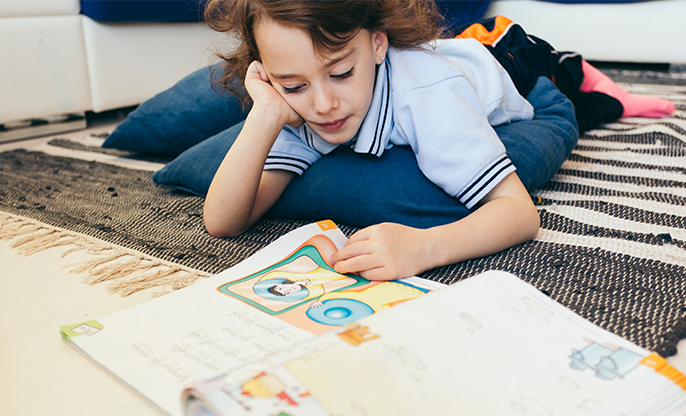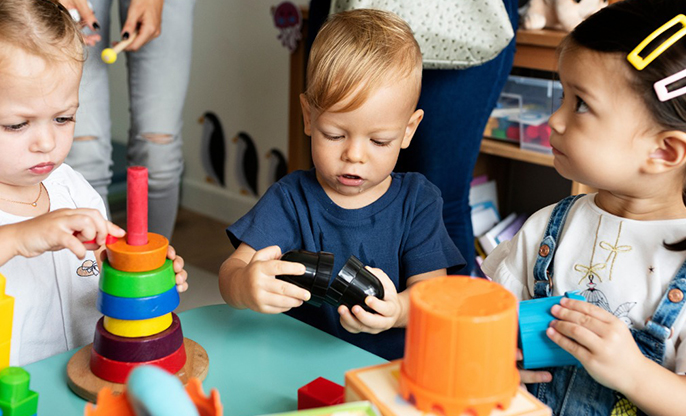
Development of language and speech delays
Communication is one of humans' most fundamental ways to connect and understand each other. It's fascinating to witness your child developing their language skills day by day.
What Is Language Development and When Does It Take Place?
When it comes to language development, there's no "one-size-fits-all". Every child is unique and develops at their own pace. Generally, language and speech skills are acquired and refined in the first three years of life. During this period, infants go from babbling and cooing in the first year to understanding simple commands and using single words in the second year. By the time they're three years old, they'll have developed a rich vocabulary and string some words together.
How to Detect Speech Delays in Children
Understanding the milestones when language development occurs is essential, as it helps identify delays. Here are some indications of a speech delay:
Direct Speech Delay Indicators
The child won't imitate noises or words by 12 months
Difficulty separating actual words from babbling by 18 months
Difficulty using at least 50 different words by 24 months
The child is only saying a few words by 24 months
Lack of imagination when talking or talking in short sentences compared to other children the same age
Struggling to recognize certain sounds or group certain sounds together
Indirect Speech Delay Indicators
Poorly developed gross motor skills (e.g., walking, running)
Poor eye contact
Limited understanding of gestures and facial expressions
It's important to note that a speech delay is not the same as a speech disorder; it typically develops due to environmental influences like poverty or underdeveloped cognitive processes and can improve with early intervention. If you detect any of the above indicators in your child, speak with a doctor or other health care provider about further assessment and possible treatment.
Differentiating B/w a Delay and a Disorder
It's essential to differentiate between a delay and a disorder in language development. A speech delay means your child is behind in the typical stages of language development, but they usually catch up by a certain age.
On the other hand, a disorder means that your child has difficulty communicating even after reaching the expected speech and language milestones.
Causes and Treatments
There are several possible causes for speech delays in children, including hearing loss and autism. It's usually unclear why a speech delay occurs, and it can be challenging to detect early on.
Treatment Options for Speech Delays
Treatments for speech delays vary depending on the cause and severity of the delay.
In many cases, occupational or speech-language therapy may be recommended. This will help your child improve language skills and overcome specific communication challenges.
Additionally, hearing aids may also be used if there is any underlying hearing loss involved.
Understanding the milestones and signs of language development can benefit parents and professionals. It allows for early detection of speech delays and disorders, and understanding their differences is critical.





